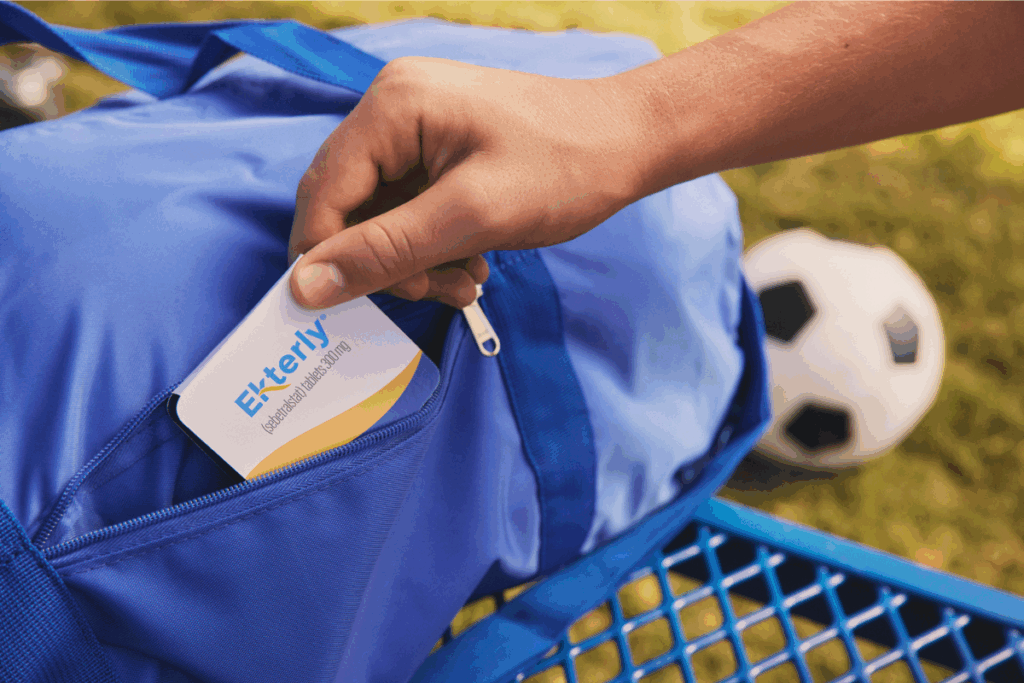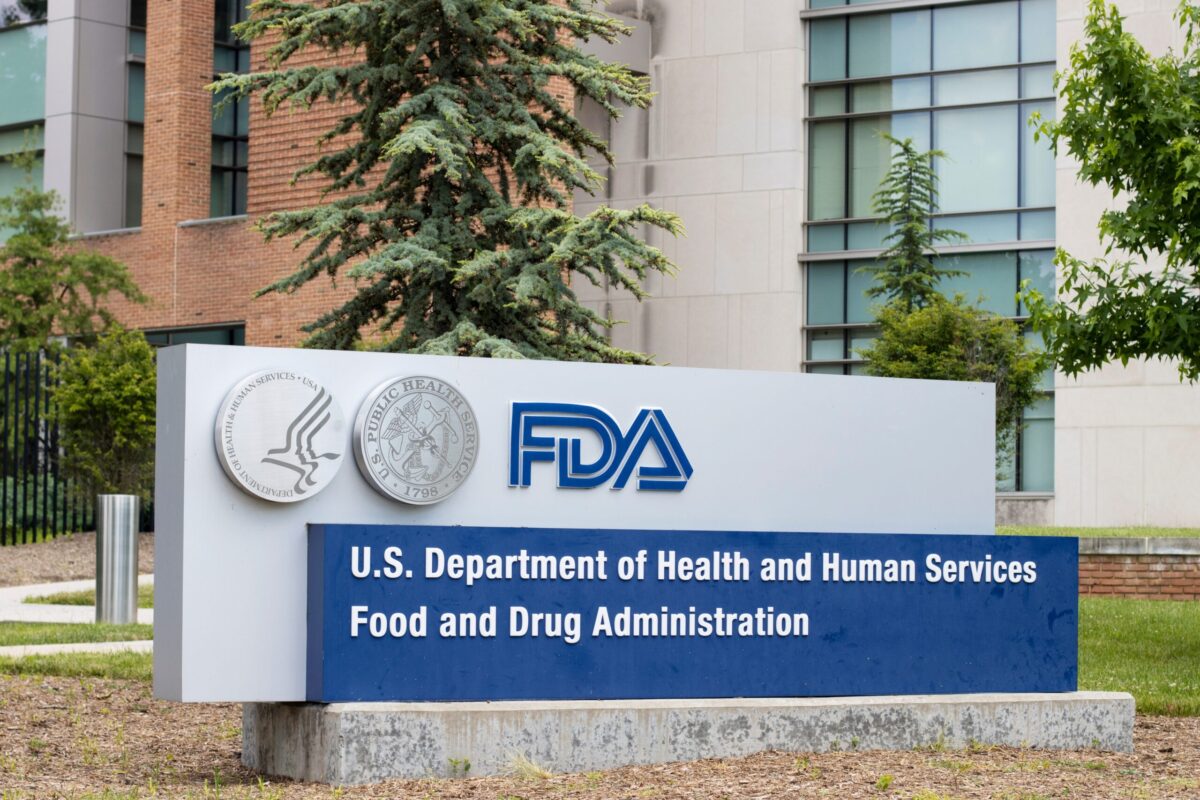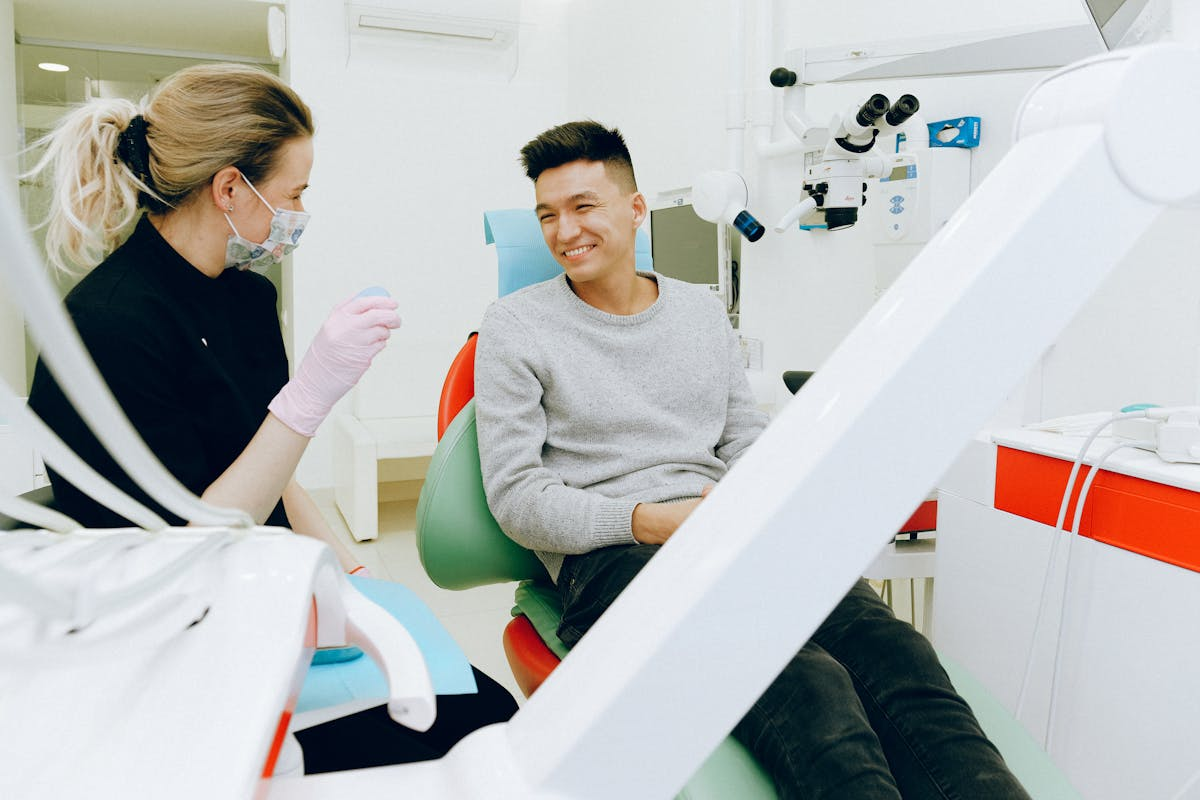In July 2025, the FDA approved Ekterly (sebetralstat), a plasma kallikrein inhibitor developed by KalVista Pharmaceuticals, for the treatment of acute attacks of hereditary angioedema (HAE) in adults and adolescents aged 12 and older.
At the time of approval, Ekterly became the first and only oral on-demand therapy for HAE, giving patients a new way to manage attacks without injections or infusions.
HAE results from a deficiency or malfunction of the C1 esterase inhibitor protein, leading to overactivation of the kallikrein-kinin system. This triggers excess production of bradykinin, a molecule that makes blood vessels leak fluid and tissues swell.
The disease affects roughly 1 in 50,000 people worldwide, and while many attacks involve the skin or abdomen, those that affect the airway can be life-threatening. Existing on-demand treatments require injections, which can delay use.
Ekterly simplifies this with an oral option patients can take as soon as symptoms begin.
Classified as a plasma kallikrein inhibitor, sebetralstat works by blocking the enzyme that drives bradykinin production, helping to stop swelling before it worsens. The therapy is taken as two oral tablets (600 mg total) at the earliest recognition of an attack, according to the drug’s prescribing information.
XTALKS WEBINAR: Every Patient Matters: Bespoke Digital Endpoint Strategies for Rare Disease Drug Development
Live and On-Demand: Wednesday, November 12, 2025, at 11am EDT (5pm CET/EU-Central)
Register for this free webinar to learn how to select, operationalize and protect endpoints that stand up to regulatory scrutiny and support confident decision-making in rare disease drug development.
Ekterly’s approval is based on results from KONFIDENT, a Phase III randomized, double-blind, placebo-controlled crossover study that enrolled 110 patients with HAE type I or II across 66 sites in 20 countries.
Participants used sebetralstat 600 mg, 300 mg and placebo in random order for separate attacks, allowing investigators to compare response times. In the trial, 76% of participants treated with the 600 mg dose felt “at least a little better” within 12 hours, compared with 49% who received placebo.
This means patients on Ekterly were more likely to notice relief within hours rather than waiting half a day or longer. The drug worked similarly in both adolescents and adults and across sex and race groups.
According to a post-hoc analysis, sebetralstat stopped the progression of swelling within a median of about 20 minutes after dosing, with consistent outcomes across different attack locations.
Safety findings showed that headache was the most common side effect, reported in about 3% of treated patients versus 1% on placebo. No serious treatment-related adverse events were identified, and long-term results from the KONFIDENT-S extension study supported this safety profile across more than 1,700 treated attacks. No boxed warnings appear in the FDA label.
The approval followed a short delay where the FDA would miss its original June 17 PDUFA goal date due to internal resource constraints.
KalVista will launch Ekterly in the US immediately, with prescriptions available this month.
2025 has been a strong year for HAE treatment, with two FDA approvals expanding both acute and preventive care options.
In August, the FDA approved Dawnzera (donidalorsen) from Ionis Pharmaceuticals, the first RNA-targeted prophylactic therapy to prevent HAE attacks. In the Phase III OASIS-HAE trial, Dawnzera reduced mean monthly attack rates by 81% versus placebo and maintained durable disease control at both four- and eight-week dosing intervals.
Ekterly stops HAE attacks in progress, whereas Dawnzera helps prevent them altogether.
In September, Intellia Therapeutics completed enrollment in the global Phase III HAELO study of lonvoguran ziclumeran (lonvo-z), its investigational CRISPR-based one-time therapy designed to inactivate the KLKB1 gene to prevent HAE attacks. Top-line data are expected in the first half of 2026, with a US Biologics License Application (BLA) planned for later that year.
And in October, BioCryst Pharmaceuticals said it would acquire Astria Therapeutics, adding the long-acting monoclonal antibody navenibart, now in Phase III development for prophylaxis, to its HAE portfolio. BioCryst also recently sold its European Orladeyo (berotralstat) business — its once-daily oral prophylactic treatment for HAE — to Neopharmed Gentili, while retaining focus on the US market.
KalVista has also introduced KalVista Cares, a patient-support program to assist with insurance navigation and treatment access. Ongoing studies are evaluating sebetralstat for children aged two to 11 years, and additional regulatory submissions are under review internationally.
If you want your company to be featured on Xtalks.com, please email [email protected].












Join or login to leave a comment
JOIN LOGIN